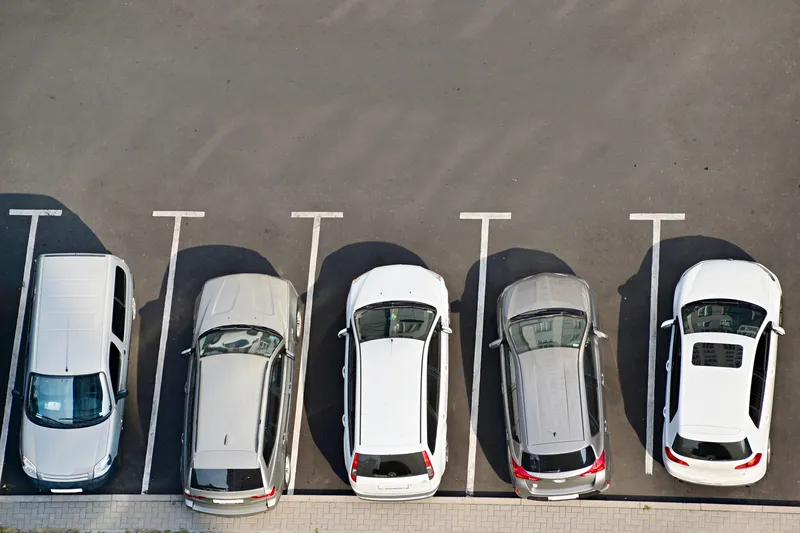Israeli telecommunications company Accel Telecom has partnered with navigation and traffic app supplier Waze to launch Voyager, which it claims is the first standalone connected car smartphone device that can be easily installed in any car and operates using an existing phone number via a twin-SIM. The company says Voyager is a dedicated connected car smartphone device that provides drivers with a safer and superior connected car experience. The device combines android based smartphone technology with an HS
February 21, 2013
Read time: 2 mins
Israeli telecommunications company Accel Telecom has partnered with navigation and traffic app supplier 6897 Waze to launch Voyager, which it claims is the first standalone connected car smartphone device that can be easily installed in any car and operates using an existing phone number via a twin-SIM.
The company says Voyager is a dedicated connected car smartphone device that provides drivers with a safer and superior connected car experience. The device combines android based smartphone technology with an HSUPA qualcomm module to deliver a driver centric device that ensures safer calling, easy navigation via a dedicated Waze launcher key and multiple car focused applications.
Voyager is designed to enhance safe driving with hands-free dialling, dedicated large physical keys, crystal clear, echo free sound quality and an in-car 3G wi-fi hotspot connection among the many core features. Voyager also connects to the car on-board diagnostics (OBD) to allow car diagnostics, fleet management applications and more.
Shmulik Keret, Waze vice-president, said: “Voyager will provide drivers with a superb Waze navigation experience and we are excited to partner with Accel Telecom on this innovative connected car device.”
Accel’s CEO, Marc Seelenfreund, “Our user-friendly, cost effective and secure in-car devices have seen substantial market success. We expect strong demand for the new generation Voyager connected car smartphone device in both European and US markets in line with recent industry reports and our own research with industry influencers.”
The company says Voyager is a dedicated connected car smartphone device that provides drivers with a safer and superior connected car experience. The device combines android based smartphone technology with an HSUPA qualcomm module to deliver a driver centric device that ensures safer calling, easy navigation via a dedicated Waze launcher key and multiple car focused applications.
Voyager is designed to enhance safe driving with hands-free dialling, dedicated large physical keys, crystal clear, echo free sound quality and an in-car 3G wi-fi hotspot connection among the many core features. Voyager also connects to the car on-board diagnostics (OBD) to allow car diagnostics, fleet management applications and more.
Shmulik Keret, Waze vice-president, said: “Voyager will provide drivers with a superb Waze navigation experience and we are excited to partner with Accel Telecom on this innovative connected car device.”
Accel’s CEO, Marc Seelenfreund, “Our user-friendly, cost effective and secure in-car devices have seen substantial market success. We expect strong demand for the new generation Voyager connected car smartphone device in both European and US markets in line with recent industry reports and our own research with industry influencers.”










